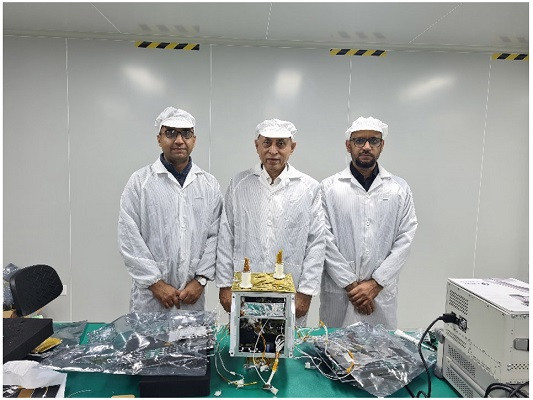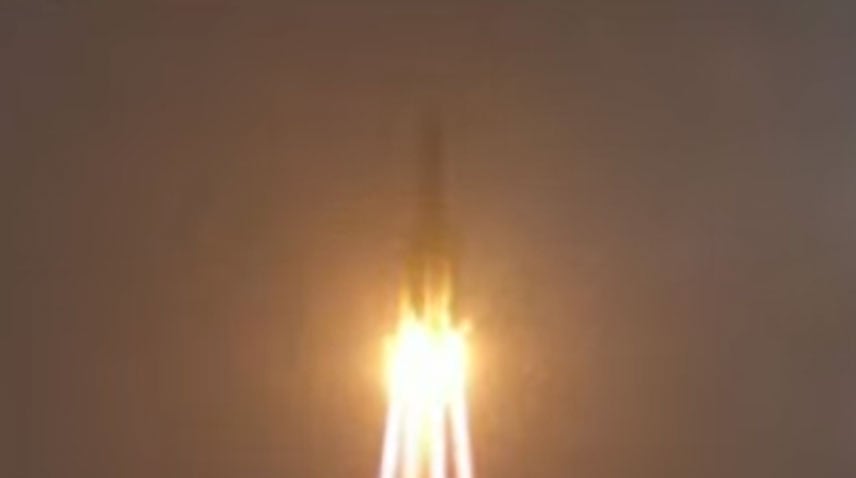Pakistan’s space program achieved a historic milestone on Friday as the country’s first-even lunar orbiter lifted off from China’s Henan Space Launch Site.
The launch of satellite ICUBE-Qamar will be telecast live from the Institute of Space Technology’s (IST) website.
The quest to send a lunar orbiter started in 2022 when the China National Space Agency (CNSA), through the Asia Pacific Space Cooperation Organization (APSCO), offered member states an opportunity to send a student-built payload to Earth’s closest celestial neighbour onboard the Chang’e 6 mission.
ICUBE-Qamar
The ‘ICUBE-Qamar’ (ICUBE-Q) was submitted as a proposal for a lunar CubeSat by the IST. The proposal was selected after an evaluation process.
The development of the payload is a collaborative effort between IST’s students and faculty, SUPARCO and China’s Shanghai Jiao Tong University (SJTU).
Read Shooting for the moon: Pakistan’s lunar ambitions
The payload consists of three parts, the CubeSat, the separation mechanism, and the mounting bracket. The payload itself weighs around 7kgs. It carries two cameras to take images of the lunar surface and has other sensors and apparatuses for deep-space communication, altitude controls, and other functions.
The ICUBE-Q satellite. PHOTO: IST
The primary criteria for mission success will be achieved with the successful separation of the ICUBE-Q CubeSat into lunar orbit from the Chang’e-6 Orbiter. Following ICUBE-Q’s separation, the secondary criteria will involve the satellite receiving the beacon signal, which will confirm that the orbiter is working satisfactorily.
Finally, the orbiter will take pictures of the Earth, and the moon and try to take pictures of at least two objects together (earth, moon, and orbiter).

A team of scientists with the ICUBE-Q satellite. PHOTO: IST
As part of data collection, ICUBE-Q will also collect data on the lunar magnetic field, establish a lunar magnetic field model, and hopefully, lay the groundwork for future missions and international lunar cooperation.


